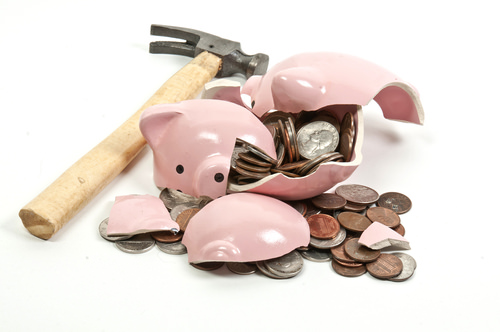How Much Money Do You Need to Start Forex Trading?

In the collective imagination, online trading is an activity for wealthy experts in speculative investment. However, in recent times, this perception is disappearing. Online trading, thanks to a very strong advertising pressure, is becoming the heritage of ordinary people. The merit goes to the user-friendly approach of platforms and brokers, but also to a more accommodating approach regarding capital management. In a nutshell, to the question "how much money is needed to start", the answer is increasingly "very little".
But is it really so? Is it possible to start trading with little money? Yes, it is possible. Brokers nowadays impose very low minimum deposits, which is the amount needed to start. We are talking about a couple of hundred euros in the worst case, tens in the best case. Brokers also often opt for very low minimum trades. The minimum trade is the lowest amount that can be committed to execute an order and therefore actively trade. It can be said, therefore, that even those who are short of capital can start their trading career.
However, it can be debated how useful it is to invest with such low numbers. The question that an experienced trader asks is: is it worth starting with an investment of only 50 euros? In fact, a rather dangerous psychological dynamic can emerge if it goes wrong, misleading if it goes well. If an aspiring trader commits only a few tens of euros, they risk taking a reckless attitude, almost as if they were gambling. The amount is low anyway! However, this is precisely the way to lose all the money, get discouraged, and never try again.
On the other hand, those who commit more adequate sums are dominated by very different psychological processes. First of all, if one invests a lot of money, they approach trading in a much more prudent way. It means that, judging the loss to be relevant, they will be concerned about studying before putting it at risk. Paradoxically (but only up to a certain point), those who spend more money are at the same time more prudent or rational than those who prove to be tight-fisted.
In the end, however, each case is unique. The right amount to enter essentially depends on one's economic condition. Of course, doing it with the minimum is never exciting, also due to the meagerness of the returns. In any case, it is always good to put in place a "money management" approach, which implies a correct money management: prudent, wise, enriched by a hint of fear that - in situations like this - puts one safe from rash decisions.



